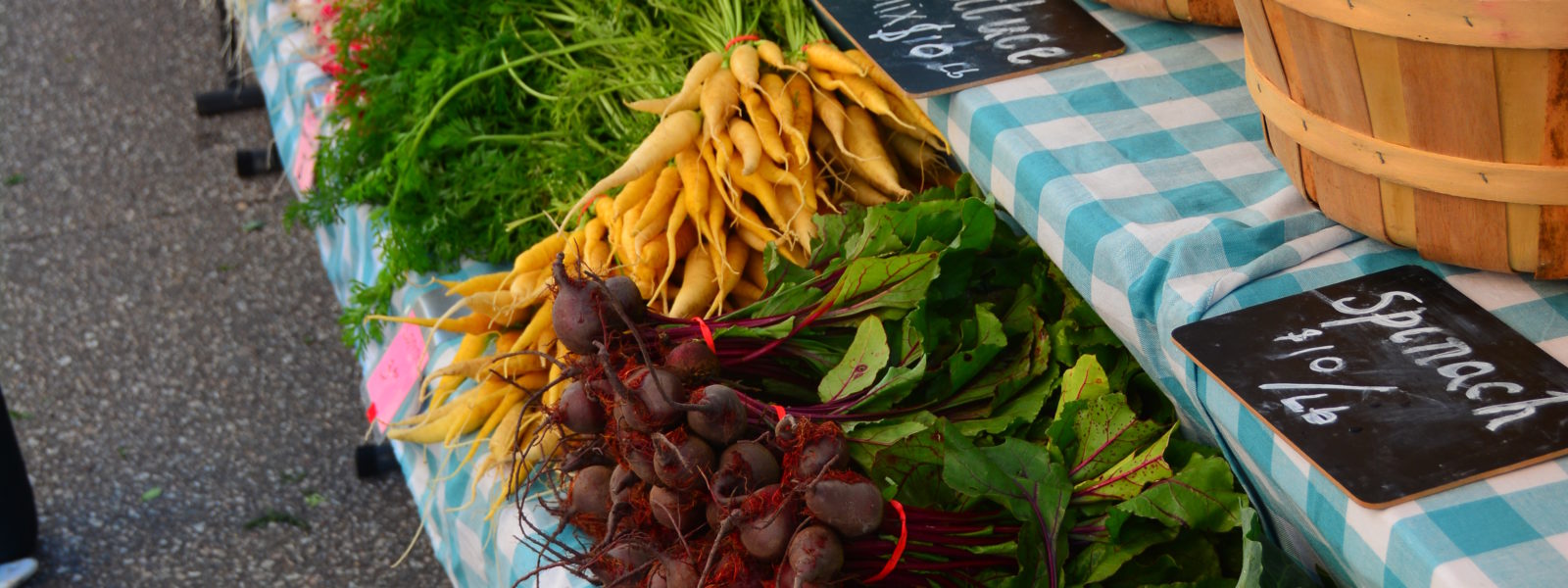Help Local Family Farms Impacted by the Pandemic by Eating Local
#LocalFoodisEssential campaign and Buy Local pledge encourage customers to eat locally grown food and support local farmers.
The COVID-19 pandemic is creating unexpected challenges for many local food growers and makers who are facing reduced market options as a result of restaurants, schools, corporate campuses, and other buyers being closed. A group of local, food-minded organizations created the Local Food is Essential movement to encourage customers to eat local when possible to help small-scale, local farmers survive this crisis.
“It’s important to help local farmers because they count on that income,” says farmer Mhonpaj Lee of Mhonpaj’s Garden. “Not all of us are tech-savvy to be able to adopt new online sales platforms, so shopping from small farmers at markets and through CSA’s is really important. Small farmers protect land from development and are good for the environment with sustainable farming practices.”
The pandemic has shed light on the importance of a strong local food system. Customers rely on local farmers, producers and makers, especially in times of uncertainty, to deliver food. Likewise, many farmers rely on selling directly to customers for their livelihoods. The COVID-19 pandemic presents an opportunity to build a more resilient food system in the face of the current crisis.
When people buy locally grown food instead of food shipped across the country or world, it has a number of positive impacts, including:
- Ensuring there will be farms and farmers in your community tomorrow, which is critical for long term food security, especially in light of an uncertain climate and energy future
- Creating more opportunities for local farmers and makers to earn a living selling their products
- Investing in the local economy
- Increasing the amount of meat, produce, grains, and dairy products that are eaten while as fresh and tasty as possible
- Strengthening our local food system to ensure its vitality for future generations
- Preserving farmland, as well as green and open spaces in communities
“Local food builds resiliency and transparency in our food system and communities,” says farmer Anne Schwagerl. “Having many small and mid-size family farmers producing our food supports rural communities — schools, hospitals, businesses — while also accomplishing the goals of increasing the accountability and safety of the foods we consume. As a farmer, it is rewarding to produce meat and grains to the highest quality and ethical standards I am able. And then in turn, selling these to a community of eaters that we have developed over the years.”
The Local Food is Essential campaign is a collaboration between The Good Acre, Mill City Farmers Market, Lakewinds Food Co-op, Minnesota Grown, Driftless Grown, Minnesota Farmers Union’s Minnesota Cooks Program, Renewing the Countryside, Witt and Company and others.
Learn more and take the pledge at www.localfoodisessential.org.
